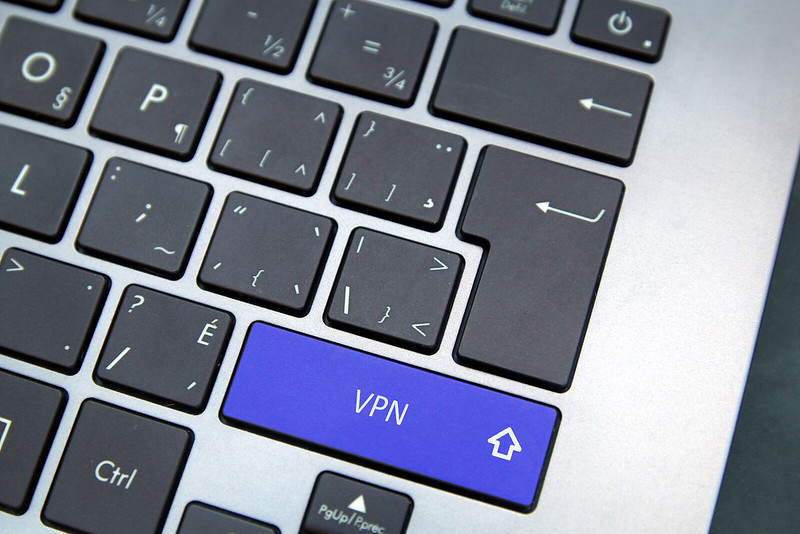May 31, 2024
How a VPN Can Improve Your Japanese Life
Living in Japan’s great, isn’t it? The food, the history, the natural beauty, and the bustling cities. But do you know what isn’t great? Japanese TV. From its slapstick-heavy comedy shows to formulaic police dramas, it’s nauseating variety programs, and the endless, ubiquitous food chat, it’s pretty woeful. And it’s only accessible if you can understand Japanese.
It’s probably not until you move abroad that you realize how much your nation’s TV is part of your life, and then it’s gone. Of course, there are streaming channels, but as each nation has its own shows, you can often find that what you want to watch is not available. You could perhaps download torrents, but as downloading copyrighted material in Japan can result in two years in Jail or a ¥2m fine, it’s definitely not advisable. Thank heavens, then, for Virtual Private Networks (VPN).
The benifits of VPNs
VPNs have numerous benefits to the everyday Internet user. For a start, they encrypt your private data, stopping anyone from intercepting your internet traffic. This gives you protection from hackers, advertisers, and even your internet service provider, making a VPN essential for internet banking, or sending sensitive messages to colleagues or loved ones, even if you are using a public Wi-Fi.
As well as this security aspect, a VPN can hide your IP address, meaning that it can bypass Geo-Restrictions. As a result, while you may physically be in Nagoya, Tokyo, or Hiroshima, your computer can be on a server in London, New York, or Berlin, giving you access to the BBC iPlayer, your Netflix USA account, or Sky Deutschland.
What VPN is best for you?
There are numerous VPN providers out there, but which one should you get? Well, to start, unless your Japanese is pera-pera and your grasp of kanji unrivaled, it may not be an idea to go for a Japanese one. However, it is simple enough to get one from abroad, so let’s have a look at the pros and cons of some of the most established, and thus (hopefully) reliable options. (Note, all prices are per month paid annually, and are accurate at the time of publication.)
NordVPN – The best known
If you listen to podcasts, there is a good chance that you have heard of NordVPN, as they sponsor a lot of them. Headquartered in Panama, where there are no mandatory data retention laws, for ¥690 per month, NordVPN offer unlimited data traffic on up to six devices. It has over 6,000 servers worldwide, with 130 in Japan, and uses a smart algorithm to automatically select the fastest server based on your location. As one of the biggest VPN companies out there, it’s a reliable name, and you may even find discounts from your favorite podcasters or YouTubers.
Surfshark – For mobile phone users
If you want to use a VPN on your phone more than on your computer, Surfshark may be the choice for you. Its mobile app is one of the simplest to use, and it has 62 servers in Japan, which is great if you are just wanting to use a VPN for security, but don’t want to sacrifice speed. At ¥539 per month, it is a little cheaper than NordVPN, but if you want to stream on your computer as well, you might want to look elsewhere.
Pure VPN – For Netflix lovers
With more than 6,500 providers around the world, Pure VPN is one of the biggest VPN providers, giving you great choice of where to place your IP address. In addition, it is one of the best at bypassing Netflix blocks (while Netflix so far has not taken action against VPN users, it does implement software to try and stop you), and the standard plan is as little as $3.19 per month. It seems to work best on Mac, though it doesn’t have the best customer service. In addition, its high ‘ping’ on Windows means it isn’t great for gamers. Also, in 2017 Pure VPN provided information that led to a cyberstalking conviction of a man in Massachusetts, but if you’re not doing anything illegal, that should not be something to worry about.
ProtonVPN – For sports fans
ProtonVPN have over 4,000 servers worldwide, 51 of which in Japan, which means that it isn’t one of the biggest of providers. Another downside is that unlike the other options, it uses traditional servers, which means that it might be a little less secure than providers that use RAM-only arrays. With that said, it is apparently trusted by reporters the world over in keeping the identities of sources safe, so it can’t be all bad. That said, it ranks consistently highly when streaming, with little-to-no buffering, which means that it is great for watching sports. Additionally, it has a free version that – though very basic – runs perfectly well, and is said to be the most trustworthy of free options. In the VPN world, ordinarily the rule is ‘if it is free, then you are the product’, but Proton is said to be the best of them.
Image: By Richard Patterson via flickr.com [CC BY 2.0 DEED]


About the author